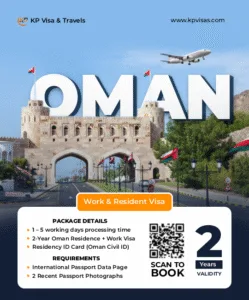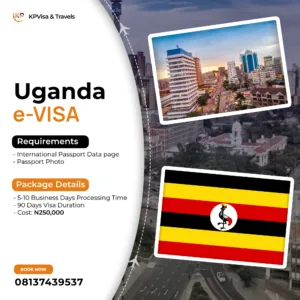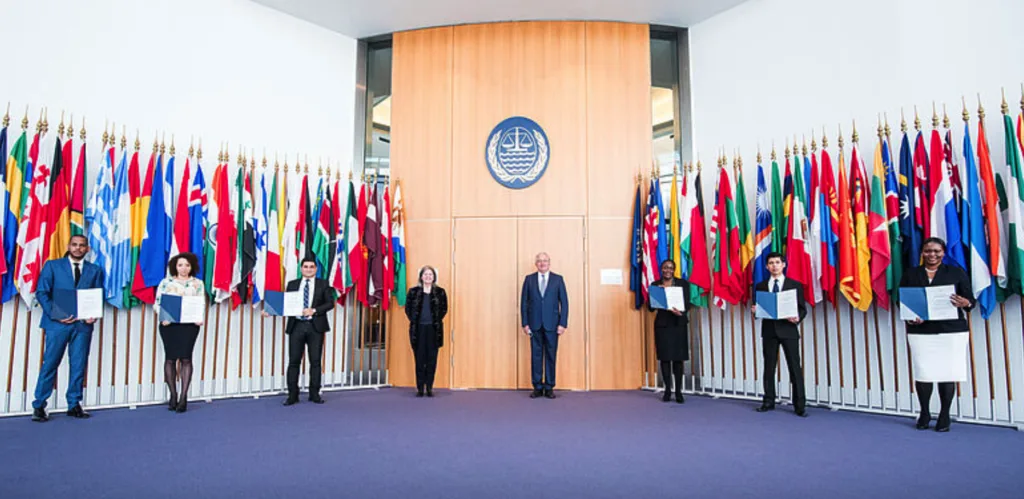Did you know? Germany needs at least 400,000 new skilled workers every year to keep its economy stable. Despite this urgent demand, the country still faces massive gaps in hiring qualified professionals, especially from Africa.
Here’s the shocking part, Germany has all the job opportunities, yet thousands of talented African engineers, doctors, IT professionals, and artisans are unable or unwilling to move. Why? What’s the real reason? What no one tells you about skilled migration to Germany? Let’s uncover it all.
Germany Needs Skilled Workers But Africans Aren’t Coming
Germany is facing a demographic crisis. With an aging population and fewer young Germans entering the workforce, the country is looking abroad for solutions.
The German Skilled Immigration Act and the recently launched Opportunity Card were created to attract international talent, including professionals from Africa. Germany also signed bilateral migration agreements with countries like Kenya, Ghana, Morocco, Tunisia, and Nigeria.
Yet the numbers are low. According to reports, only a fraction of African skilled professionals apply and fewer are accepted or stay long-term.
📌 Read More
Barrier 1: Bureaucracy & Endless Paperwork
This is the biggest pain point for African professionals who want to move to Germany.
Visa delays, in-person document verification, non-digitized systems, and qualification recognition hurdles are scaring away even the most determined applicants.
Real Experience:
“It took me 7 months to get my degree recognized in Germany. By then, I had lost my job offer.” – Daniel, Nigerian Engineer
If Germany wants more skilled African workers, fast-tracking visa and qualification processing is essential.
Barrier 2: Language Requirements
Unlike Canada or the UK, where English is an official language, Germany requires most skilled workers to speak at least B1-level German.
- That means taking classes
- Passing exams (like TestDaF or Goethe-Zertifikat)
- And proving fluency before your visa is approved
This is especially tough for African professionals who have studied or worked in English-speaking environments and now need to learn German from scratch.
Barrier 3: Discrimination and Racism
Let’s talk about the hidden truth, many African migrants in Germany report facing racism, both in public and at work.
In 2024, a Reuters investigation revealed that African workers in Saxony and parts of eastern Germany quit jobs early due to discrimination from coworkers or local communities.
“It’s hard to stay when you don’t feel welcome,” said a Kenyan technician recruited to work in Leipzig.
Even with the skills and paperwork in place, social rejection and unconscious bias push people out.
Barrier 4: Non-Transferable Skills and Qualifications
Many African-trained professionals especially in medicine, engineering, and teaching find their degrees not fully recognized in Germany.
Unless you studied at a German institution or your program is in Germany’s “recognized list,” you’ll likely have to:
📰 Similar Posts
- Take bridging courses
- Do unpaid internships
- Sit for equivalency exams
This extra burden delays employment and discourages qualified professionals from even starting the process.
Barrier 5: Housing Crisis & Integration Gaps
Once African workers arrive in Germany, finding affordable housing becomes the next big challenge.
Major cities like Berlin, Frankfurt, and Munich are experiencing a severe rental shortage, with prices rising beyond reach.
Beyond rent, African professionals also report lack of community support and inadequate cultural orientation, making integration difficult.
What Germany Must Fix (Now)
If Germany wants to truly attract and retain African professionals, it must:
1. Digitize and simplify visa processes
2. Provide pre-arrival language training programs (sponsored or subsidized)
3. Offer fair recognition of African degrees
4. Create anti-racism initiatives and diverse workplaces
5. Streamline housing support for incoming professionals
6. Run large-scale awareness campaigns in Africa
The Opportunity of a Lifetime for Germany and Africa
Here’s the twist, while Germany struggles to recruit African skilled workers, millions of African youth are eager to migrate, build careers, and send remittances home.
Countries like Kenya and Nigeria are building labor export frameworks to formalize migration routes. Germany could tap into this massive talent pool if it gets its policies right.
Germany’s aging economy needs Africa’s youth. And Africa’s youth need opportunity.
It’s a win-win—if action is taken today.
Germany Can Be a Top Destination If It Evolves
Right now, Germany’s skilled immigration system is powerful on paper but clunky in practice.
For African professionals, Germany offers:
- High-paying jobs
- Safety and infrastructure
- Pathways to permanent residency
But it also presents:
- Bureaucratic bottlenecks
- Social resistance
- Long wait times
If you’re an African professional exploring global opportunities, consider Germany but go in prepared. And if you’re Germany, the time to act is now. Every delay pushes top talent elsewhere Canada, UK, UAE, and Australia are watching.
Ready to Work Abroad? We Can Help
We assist African professionals with:
- Document verification
- CV redesign for Germany
- Visa guidance
- Degree recognition help
- Pre-departure orientation
Let’s Make Germany Work for You
Germany’s labor market is changing fast and you could be part of the solution. Get expert support. Apply the right way. Migrate smart.





































No responses yet